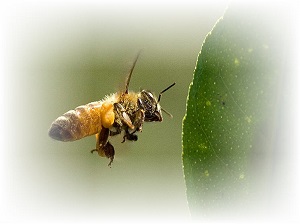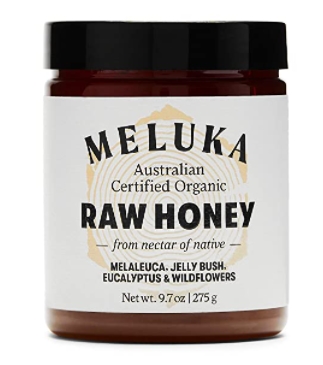organic honey
Organic Honey Should Satisfy 4 Important Criteria
It’s pretty obvious that organic honey is fast gaining a strong foothold in the honey market. Many honey brands are offering organic honey benefits with their products, inclduing organic manuka honey, organic honeycomb, and organic raw honey.
1. Organic Certification
When I first saw organic honey on the shelves and its big price tag during my grocery shopping, I always wondered what it was and how different it was the so-called raw honey and from the rest of the honey jars. It was only later that I found out more about organic honey benefits and for honey to be certified organic, manufacturers have to meet a stringent set of organic standards and conditions during the honey production (set by an organic agriculture certification body), which include source of the nectar, honey bees foraging area, bees management, honey extracting process, transportation, processing temperature, and packaging materials.
The most well-known organic certification bodies include:
1. United States Department of Agriculture Organic (USDA Organic)
2. European Union Regulation (EEC)
3. Canadian Food Inspection Agency (CFIA)
4. AB (Agriculture Biologique, France)
5. Das Bio-Siegel (Germany)
6. Australian Certified Organic (ACO)
7. Japanese Agricultural Organic Standard (JAS)
2. Free of Antibiotics, Pesticides, Environmental Pollutants
Honey that claims to be organic has to be tested and certified to guarantee that it does not contain any residues of pesticides or environmental pollutants. Farming of organic honey is also supposed to meet rigorous and extensive monitoring and testing criteria of the certification body, for instance, the documentation of, and consultation with every land user within a five kilometer radius of the organic hives to ensure they are free of chemical residue; regular analysis and testing of honey samples; beekeeping practices and and hives have to be proven free of non-organic honey, sugar and antibiotics.
3. More Superior in Taste?
Other than the reason that organic honey is a healthier choice, some ardent consumers of organic foods also feel that honey produced by organic farmers has a more superior taste than conventionally produced honey, and hence are more ready to pay for the extra cost. I personally also consume such honey but so far could not tell any difference in terms of taste superiority.
4. Varying Certification Standards, 100% Organic Not Always Possible

However, the catch is these certification requirements vary from country to country, with some being less stringent than others. And dealing with different standards for organic honey from different sources can be confusing for consumers. I have been warned that some honey which has been packaged and proclaimed as organic may not be truly organic.
It takes a lot of resources to ensure against contamination, either by wind or by bee travel, of the bees’ forage by non-organic pollen. Many beekeepers find it unfeasible for them to keep up with the stringent organic guidelines specified by the government.
Looking for Organic Honey?
Check out Amazon’s choices of: Raw organic honey
